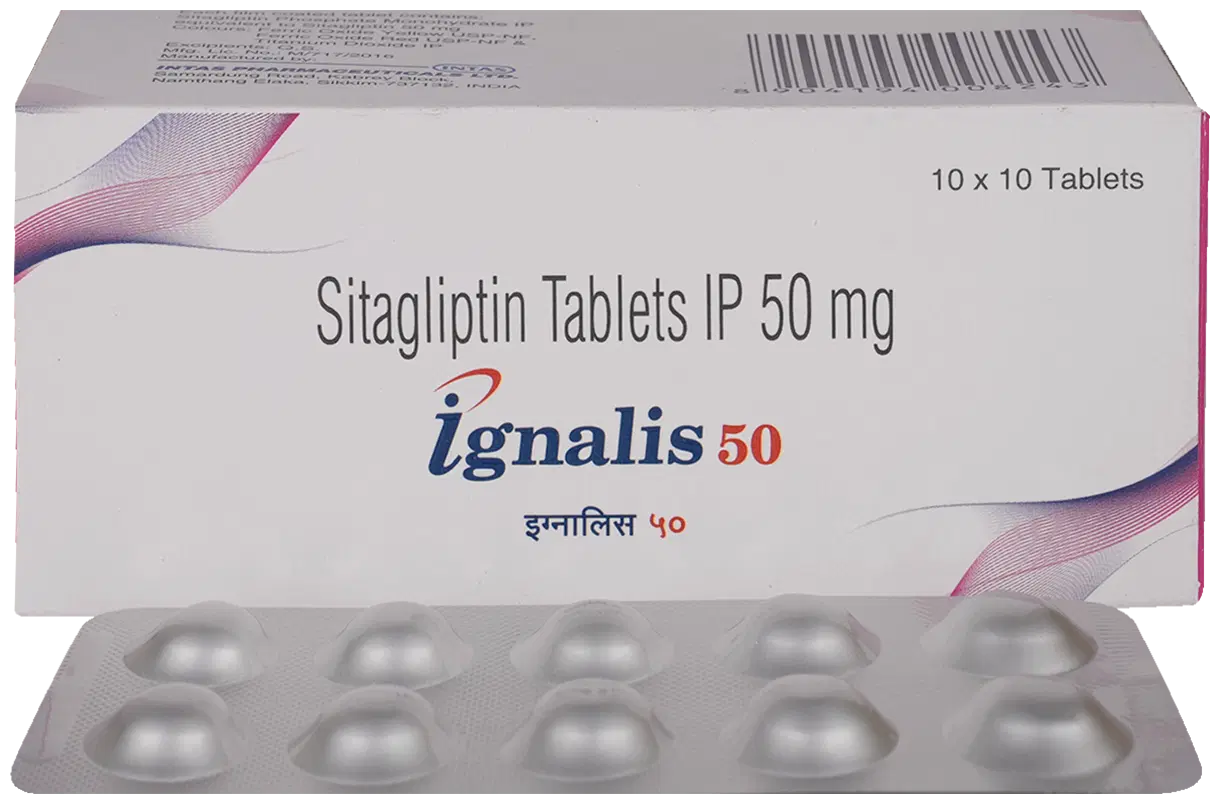Liver cancer
Liver cancer, also known as hepatic cancer, is a malignant growth that forms in the liver cells. It can be primary, originating in the liver, or secondary, spreading to the liver from another part of the body. Common symptoms include abdominal pain, weight loss, jaundice, and swelling in the abdomen.
The treatment of liver cancer typically involves a combination of therapies, including surgery, chemotherapy, radiation therapy, and targeted drug therapy. The choice of treatment depends on the stage and location of the cancer, as well as the overall health of the patient.
Surgery: Surgical removal of the tumor may be an option for patients with early-stage liver cancer. This can include partial hepatectomy, where only the affected part of the liver is removed, or liver transplantation, where the entire liver is replaced.
Chemotherapy: This treatment involves the use of drugs to kill cancer cells. Chemotherapy can be administered orally or through intravenous injection and may be used before surgery to shrink the tumor or after surgery to prevent recurrence.
Radiation Therapy: This treatment uses high-energy rays to destroy cancer cells. External beam radiation therapy is the most common method, targeting the liver directly. In some cases, internal radiation therapy (brachytherapy) may be used.
Targeted Drug Therapy: These medications work by targeting specific characteristics of cancer cells, such as their growth signals or blood supply. Examples of targeted therapies include sorafenib and regorafenib, which have been approved for the treatment of advanced liver cancer.
Consult with a healthcare professional to determine the most appropriate treatment plan for liver cancer. Always follow the prescribed medication regimen and report any side effects or concerns to your healthcare provider.

Showing 1–12 of 27 results
Showing 1–12 of 27 results





